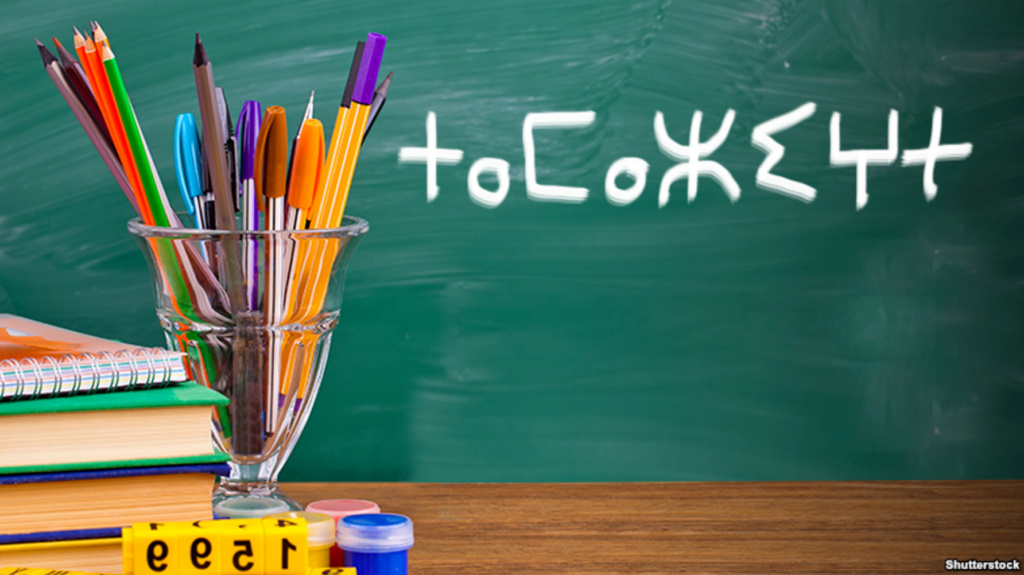International Mother Language Day.. for multilingual education based on the mother tongue

The International Mother Language Day, which is celebrated on February 21 under the slogan “Multilingual education, a necessity to achieve the desired transformation in education”, is an occasion for the international community to pause on the importance of advancing and promoting multilingual education based on the mother tongue in education.
The United Nations stated on its website that on this occasion, the United Nations Educational, Scientific and Cultural Organization (UNESCO) encourages and promotes multilingual education based on the mother tongue or first language.
She explained that it is related to “a type of education that begins with the language that the learner masters best, and then gradually introduces other languages,” stressing that “this approach enables learners whose mother tongue differs from the language of instruction by bridging the gap between home and school, to discover the school environment in a familiar language, Thus learning better.”
In this context, the UN organization emphasized that multilingualism contributes to the comprehensive development of societies and allows coexistence between cultures and visions about the world and knowledge systems, adding that multilingual education based on the mother tongue facilitates access and inclusion in learning for population groups that speak non-dominant languages and minority languages. and indigenous languages.

In this regard, the Director-General of the United Nations Educational, Scientific and Cultural Organization, Audrey Azoulay, said in a speech on this occasion published on the website of the United Nations organization, “There is no doubt about the necessity of education in the mother tongue to enable the individual to develop and grow to the fullest and transmit the linguistic heritage, however The equivalent of 40 per cent of students worldwide are unable to learn the language they speak or understand best.”
Mrs. Azoulay emphasized that “therefore, this crucial linguistic factor must be taken into account in the necessary transformation process in the field of education that (UNESCO) has undertaken throughout 2022, which was the desired transformation summit in education held at the invitation of the Secretary-General of the United Nations, Antonio Guterres in Last September was the most prominent event in it.
At the international level, this day comes to highlight the positive impact of languages and multilingualism on inclusion and the achievement of sustainable development goals.
As for the selection of this year's topic, it is in line with the recommendations that were formulated during the Summit of the Desired Transformation in Education, where the focus was also on education and indigenous languages.
In Morocco, the dynamism of multilingualism and cultural diversity represents an important feature of cultural integration and social development, especially since public actors are engaged in promoting diversity and multilingualism through various programs and initiatives.
It should be noted in this regard that the 2011 constitution recognized multilingualism as an essential element in the country, as it stipulates in its fifth chapter that Arabic is an official language of the state, just as Tamazight is also an official language for it as a common asset for all Moroccans without exception.
Thus, the International Mother Language Day, which was announced at the General Conference of (UNESCO) in November 1999, constitutes an occasion to draw attention to linguistic issues, as well as to mobilize partners and resources to support the implementation of strategies and policies for the benefit of diversity and multilingualism throughout the world.
Source : websites

